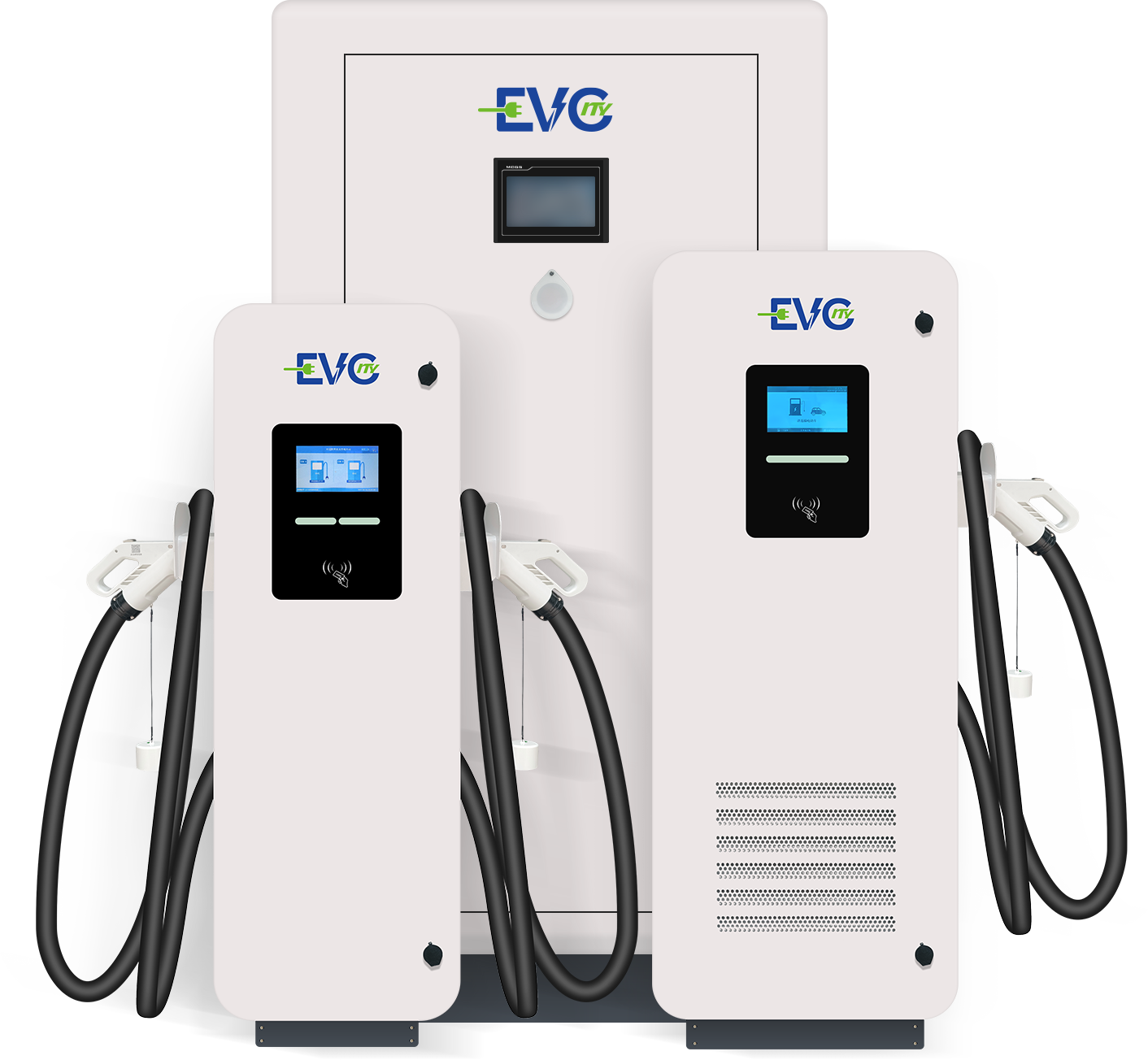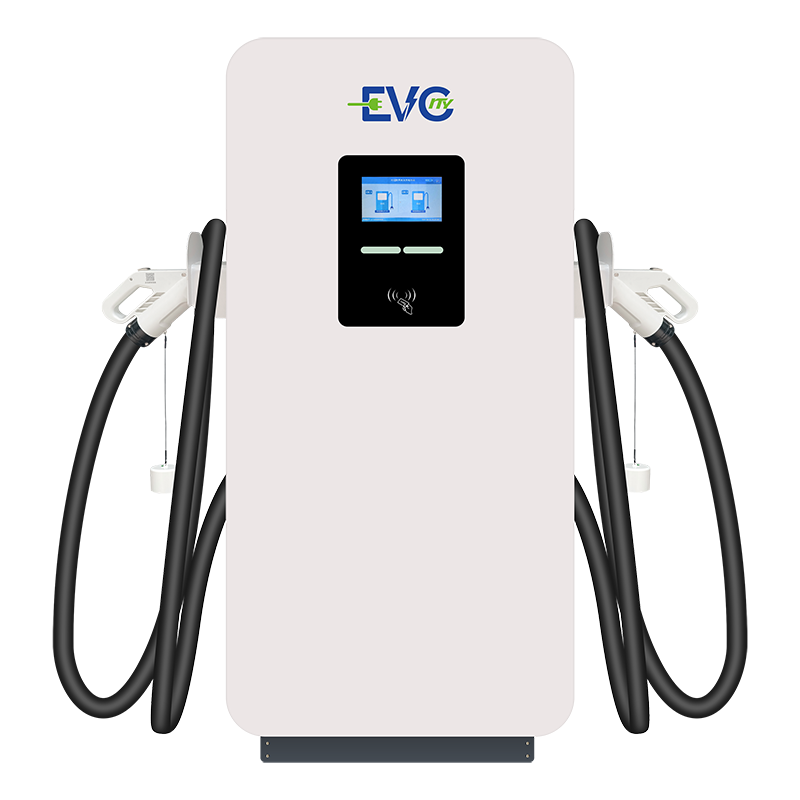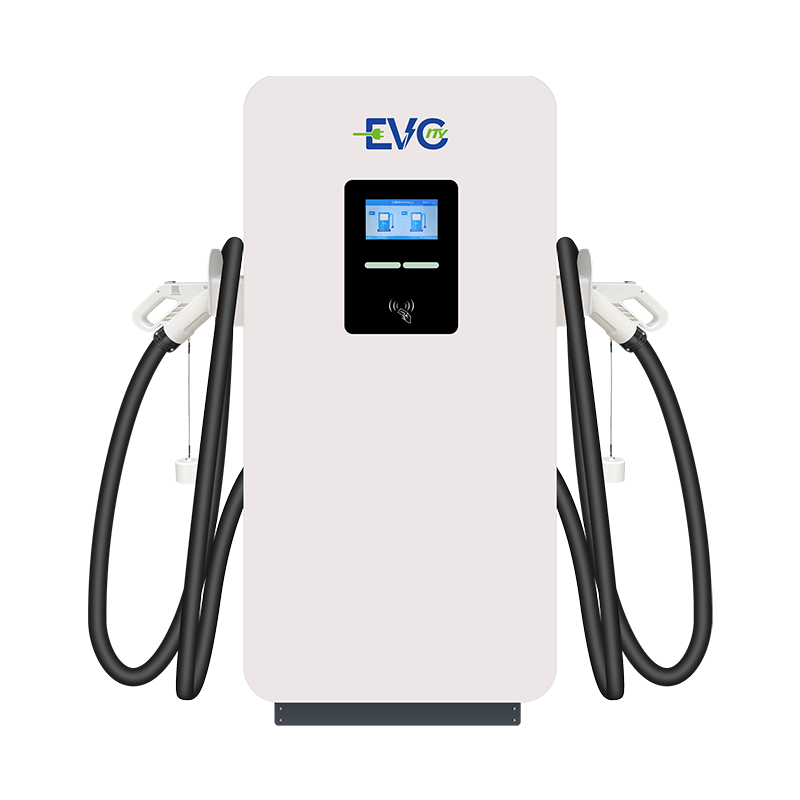The fast charger station is one of the key elements for electric car travel. Now, you must be wondering where to find these brilliant chargers for your electric car? The first thing you should do is contact the maker of your vehicle. Their customers have access to new charging stations as well, and these will sometimes give free charges for two years after the person buys it.
Plus you can spend some time searching for fast charger outlets online The comments were "The fastest car is always the best app". The US Department of Energy has a nifty tool that finds chargers on a route. Read more: Plus there are others like ChargePoint and EVgo that even have apps (evener?), so you can check station availability as well pricing etc.
Picture : Tesla Supercharger: Rapid-charge units like these can top up a huge 200 miles of system in just fifteen minutes.
Electrify America (DC Fast Charging): Ensuring that fast charging remains... well, fast-this network aims to make the recharge experience as close to conventional fueling at a gas station with refills up 150 miles in just half an hour.
Check out: EVgo (Available in the U.S) One of America's largest public charging networks for electric vehicles, and its chargers can provide up to 90 miles in range over a half-hour.
Even absent the Sprinter concepts, it'd be a very busy show for electric-commercial-vehicle charging infrastructure: there's ChargePoint with more than 100,000 charging spots worldwide in its network of DC fast chargers. com giving a collection up to 70 kilometers just designed for autox blueprinthurricanes. com minutes
Nissan has the CHAdeMO network available for only Nissan electric vehicle drivers, with fast-charging capable of adding up to 80 miles range in just half an hour.

Fast charger stationsThis one heats up also reduce the re-charging time so there are a few more ideas which can help make things quicker. In short, use as much of the quickest charging speeds you have locally. It will also assist in the planning and scheduling of your charging. Or be like "Yo, charge half your 20% to 80% charging in two installments: first time at fast charger where you're climbing up out of maybe zero down/up toward about halfway above the usual battery range low/offline (in my case), then gas it* for a few miles on an expressway or big road/drag strip deal with supercharger as backup... (*I found someone willing to drag race theirs if I do mine one last time/it entails)+., then switch for that last quarter-and-change-ish at an L2 once you get there. Still, it might be wise for some people to install a home charging station in order be able too ensure their car is fully charged the following day.

As electric vehicle technology has improved, so too have the infrastructure and availability of charging. Among the more notable upcoming developments in this realm are ultra-fast charging stations boasting 350 kW capability. For example, car makers Porsche and Audi have begun to deploy their super speedy charging networks. In some of the cases, like in the Porsche network that uses a patented pit stop technology for exclusive 5-minute long battery charging (for up to 100 miles), there are posts parellel but with spaces. 7G: Second future technology being looked at is wireless charging With this technology, electric vehicles could charge by simply parking over a charging pad; no cables and ports vulnerable to dirt.

The fast charger stations are the way to go not only because they will save you plenty of time between wether it is one journey and another during a work day or so, and also for long distance travels. Knowing where the fastest chargers are and utilizing high-speed charging power sources can help you to minimize wait times with your EV, but may still leave range anxiety a concern.
Equipped with Bluetooth, WiFi, 4G communication module, the charging output is fast charger station with single/three-phase or multi output (7KW/14KW/22KW/44KW). This increases the efficiency of charging while reducing expense of the equipment and labor.
Modular design enables remote OTA firmware updates as well as fault diagnosis; Compliant with the OCPP cloud platform that is standardized and seamlessly integrates with any operator system from a third party. The CAN/RS232 (fast charger station) interfaces permit connection to existing IOT systems.
It fast charger station practicality with aesthetics. It is characterized by bright sharp lines, and utilizes galvanized sandblasting and toughened glass. It is protected to IP54/IK08 level and boasts a durability that lasts for a long time and resistance to corrosion.
It fast charger station operate under extreme conditions from -40 degrees Celsius to +70 degrees Celsius. The product was certified by TUV. certification.